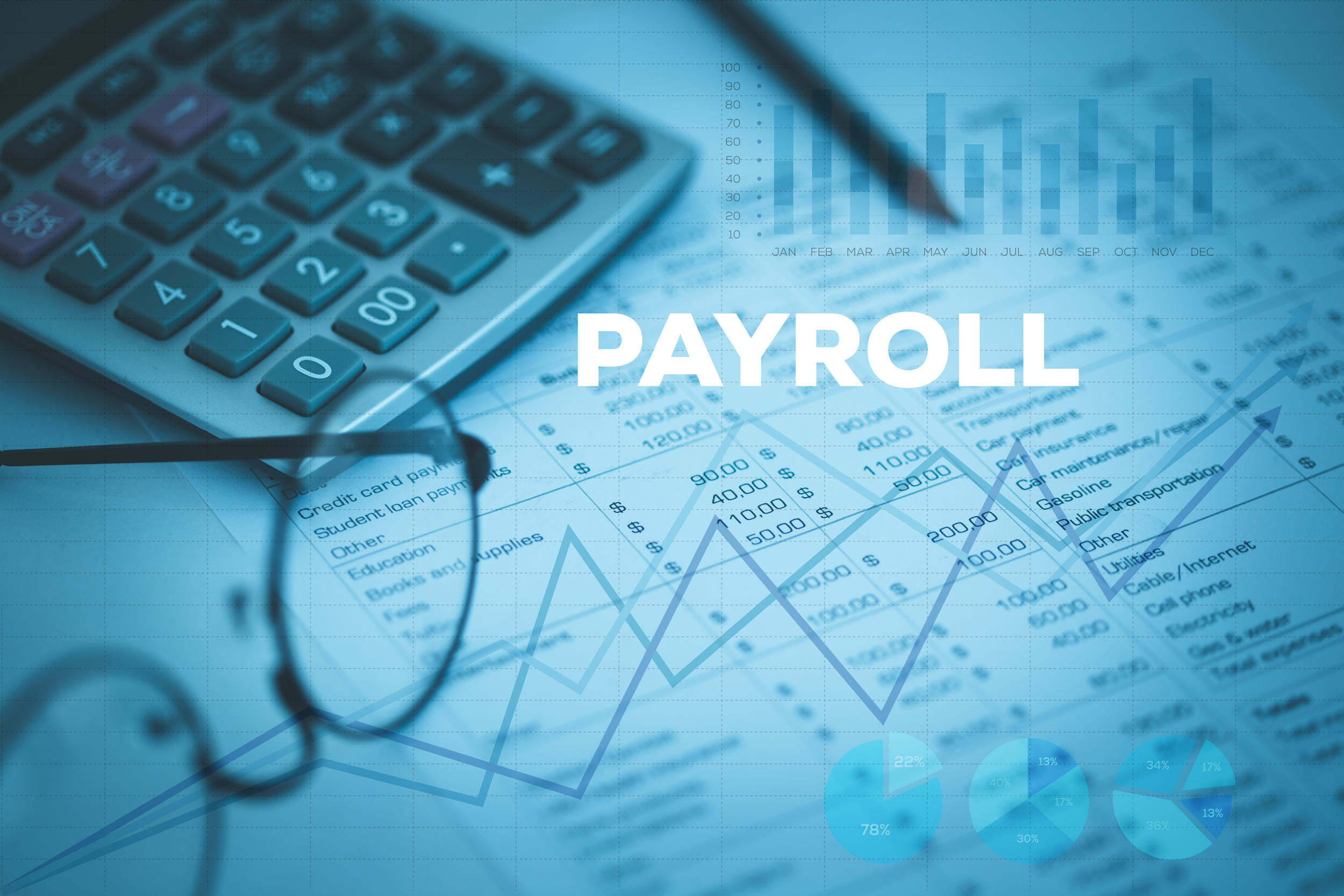Strategic Controls
they detect and identify uncertainty and unknowns
while monitoring the operations of employee benefit plans.
Video
How strategic controls can mitigate compounding fiduciary risk
Controls are the steps executives take to handle various threats and prevent compounding risks from ambushing them.
Fees negotiated by employers for services they acquire for their employee benefit plans are subject to a rule in the Employee Retirement Income Security Act (“ERISA”).
An audit standard introduced by the AICPA transfers a significant amount of liability for an audit’s accuracy from an auditor to a plan’s fiduciaries.
There is no room for the “honor system” in managing the risks imposed by third-party service providers.
Would you like to learn more about our strategic controls framework for
employee benefit plans?
The point at which a retirement plan and a payroll system intersect is a breeding ground for the most common violations of fiduciary duty. And they can be the most unwieldy to fix.
Assessments identify gaps between real world benefit plan operations and fiduciary rules and is more than a review of best practices.
As the complexity of the fiduciary responsibilities for employee benefit plans intensifies, many executives and committee members have concerns about whether they’re doing the right things the right way.
Because failure to analyze third-party risks exposes an employee benefit plan’s supply chain to assaults, data breaches, and reputational harm, third-party risk management (“TPRM”) is a crucial skill set.
5 Causes of excessive retirement plan fees
Class action lawsuits and plan audits conducted by the U.S. government reveal that fees paid by many plans to their vendors are excessive. (Federal law makes plan sponsors not the vendors accountable.)
If you’re a recently appointed member of an employee benefit plan committee, or if you’re a member and it’s been more than a year since you received formal training, find a source that offers comprehensive instruction in all the fiduciary disciplines.









